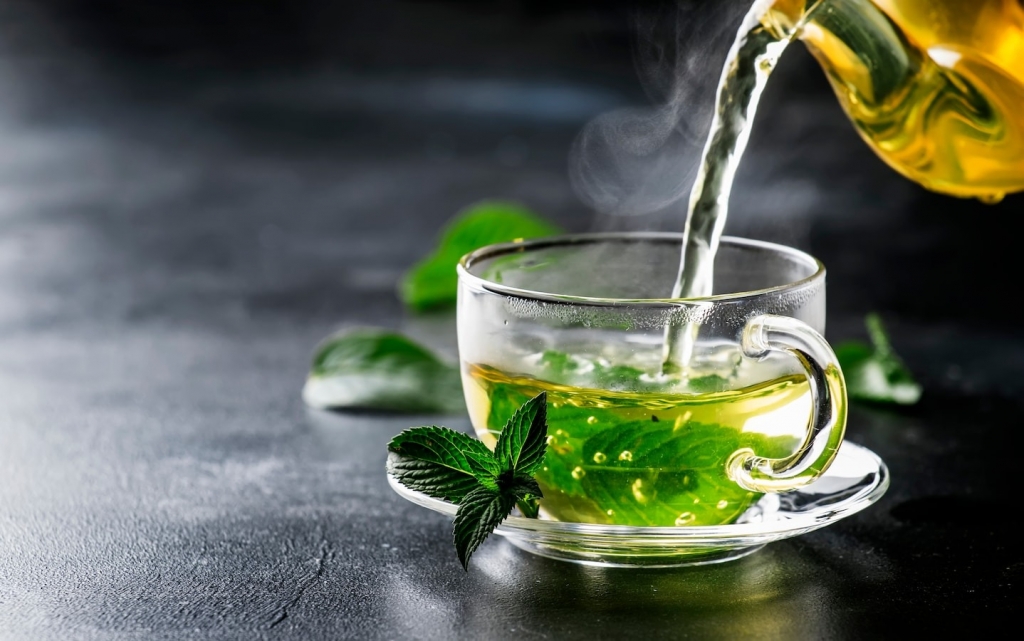Tannic acid in tea and rice is a type of polyphenol that can inhibit the formation of oxidized lipids and eliminate active enzymes, thereby helping blood vessels to be elastic, preventing the risk of stroke and anti-aging.
4. Protecting teeth and preventing tooth decay
Fluoride in tea has the effect of whitening and cleaning teeth. Cooking rice with a certain amount of tea water can increase the toughness and acid resistance of teeth, and prevent the occurrence of tooth decay.
5. Aids digestion
Tea can dissolve fat in food, and the phenol in tea helps promote the production of digestive enzymes. Therefore, people with indigestion can use green tea to cook rice to improve digestion.
6. Reduce blood sugar

The polysaccharides in tea can reduce the production of gluconeogenesis and glycogen by enhancing the body’s antioxidant function, enhancing the activity of the liver’s glucokinase enzyme, thereby reducing fasting blood sugar.
7. Tea-cooked rice reduces blood fat
Tea-cooked rice is rich in statins, which have the effect of preventing lipid peroxidation, can reduce the level of low-density lipoprotein, bad cholesterol and triglycerides in human blood, thereby effectively reducing blood fat.
